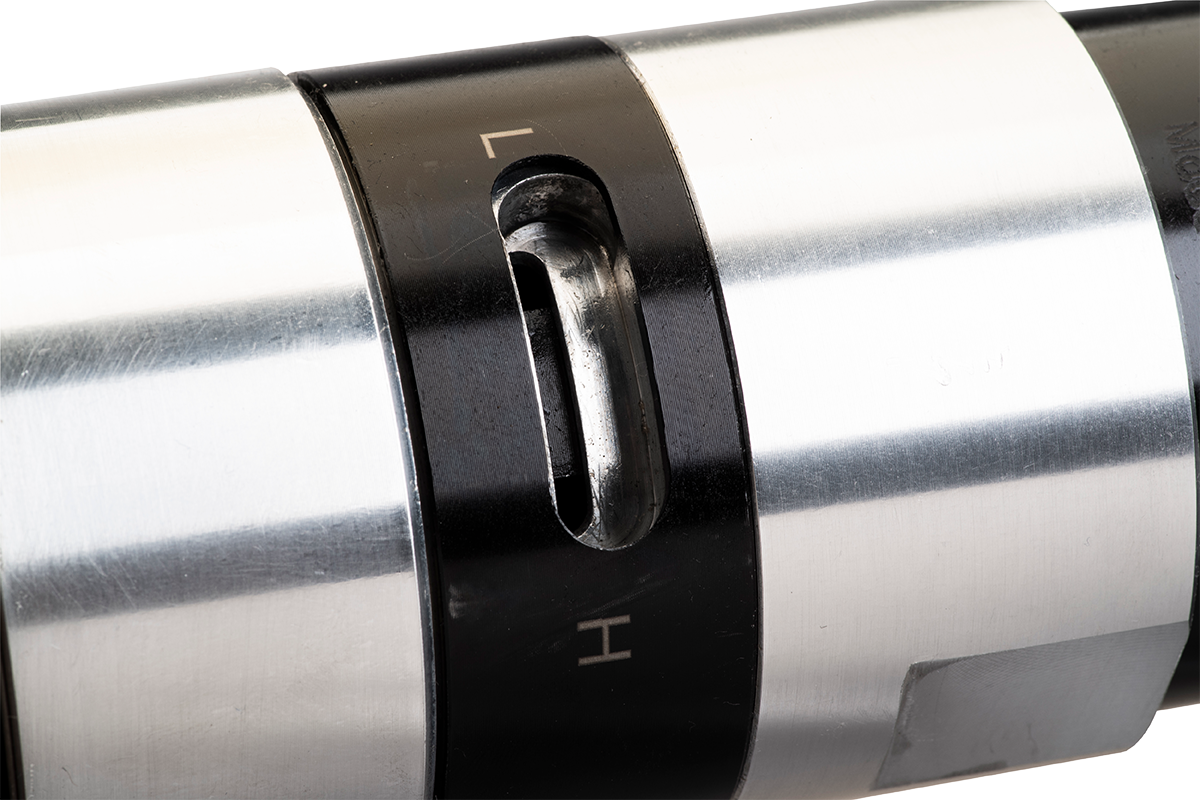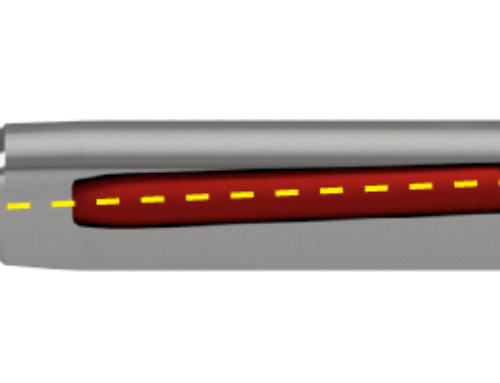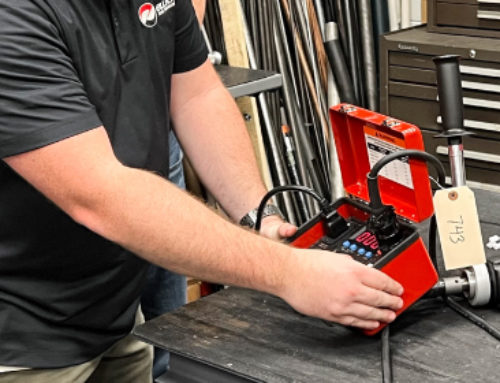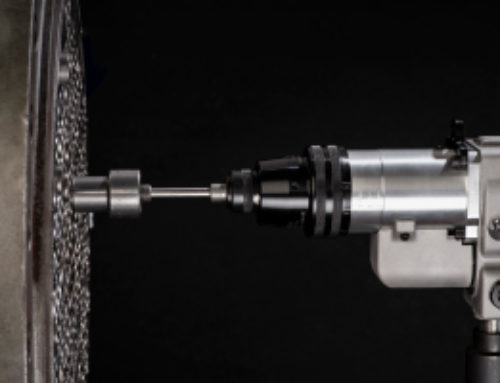Do I Need Torque Control?
When To Use Stall or Torque Controlled Motors
With the amount of rolling motors on the market, there are a lot of variables to consider. However, one of the most common questions is around torque control, setting torque, and when it’s not needed for a job. In this article, we will discuss the differences between torque controlled and stall torque motors, different torque control methods, and the best times to use either option.
What is Torque Control?
Torque control describes the ability to control what torque the motor will stall. This allows the operator to not only control the max torque output of the motor but also the speed. Torque (Power) and RPM (Speed) have an inverse relationship, meaning as one increases the other decreases. Speed is important because it helps maintain productivity, however, depending on the application a high RPM may not make sense. For example, on tougher materials, more torque will be required to expand a tube than on softer materials.
Having the ability to adjust the torque of the motor will ensure that the motor is performing consistently each time. For that reason, torque control is the most popular method for expansion because it compensates for variables that the operator cannot control, such as variances in the tube sheet hole ID and wall thickness.
Types of Torque Control
There are two types of torque-controlled motors available: Electric and Pneumatic. When using an electric rolling motor, it’s recommended to pair it with an electronic digital torque control. This works by monitoring the amperage (amp) draw of the motor and determining the power needed to reach the desired wall reduction. Once the motor reaches the power requirement, the torque control will cut off power to the motor.
Pneumatic motors with torque control act very similarly to electric motors but are generally controlled by the clutch mechanism. By increasing the torque adjustment, it increases the compression on the spring, allowing the motor to work to a higher torque. A higher torque output is better for heavier wall applications, where more force is required to expand a tube. In contrast, lowering the torque adjustment will loosen the compression on the spring, resulting in a lower torque output. During the expansion process, the torque amount will increase until it reaches the setting on the torque adjustment nut and clutch. At that point, the motor will trip and shut off the air supply. This allows operators to roll consistently each time, controlling the wall reduction amount.

When Not to Use Torque Control
Torque control methods should be used when trying to hit a target wall reduction. This typically includes all heat exchanger applications and straight rolling in boiler applications. Controlling torque allows for repeatability, consistency, and prevents tubes from leaking due to over rolling.
However, when working on firetube or watertube boilers, torque control is not generally required. This is because flaring and roll beading applications are performed to sight or feel, rather than a wall reduction. If a torque-controlled motor is used on these applications, the motor will likely shut off before the operation is fully complete, resulting in inconsistent flares and beads. Additionally, stall type motors are generally lighter, shorter, and less costly than torque-controlled options. So, it may be a much easier and more cost-effective option for boiler shops than having to deal with a torque-controlled option.
Overall, torque-controlled motors are a great option for heat exchanger applications or situations where the customer wants a tube rolled to a specific wall reduction. This is because the motor will stop once the desired torque amount is achieved. However, in boiler applications, torque control may not be a good fit because tubes are generally rolled to sight or feel. In that instance, a stall torque motor would be the ideal solution, to prevent the motor from stopping early.
Looking for more information on what type of motor to use on an upcoming job? Contact us for application support.





